Cambodian indigenous communities win back their sacred land from Vietnamese rubber developer
- IDI
- 26 Mar 2019
Communities also file second complaint against the World Bank for new financial ties to HAGL
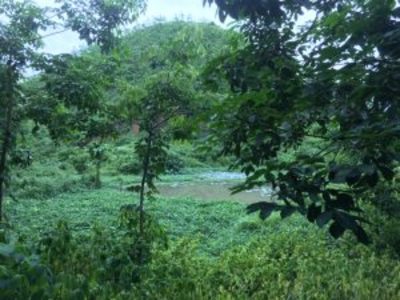
Communities also file second complaint against the World Bank for new financial ties to HAGL
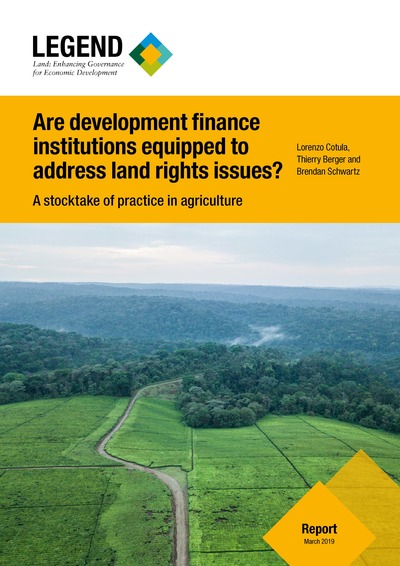
Report by IIED reviews the approaches European and North American bilateral DFIs use to address land rights issues in the agriculture sector.
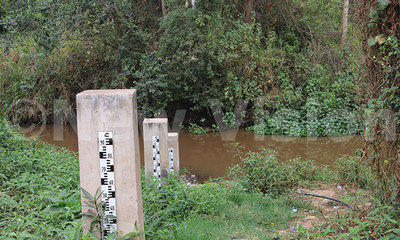
Land deals along River Nile could easily impair its recharging potential if water abstraction is not regulated.
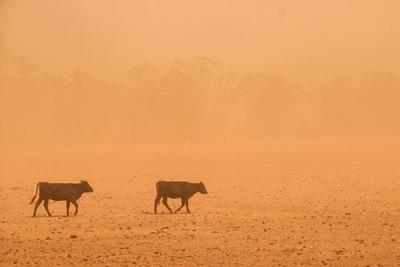
The Australian Government's long-awaited foreign ownership of water entitlement register reveals one in 10 water entitlements is foreign-owned at 10.4 per cent.
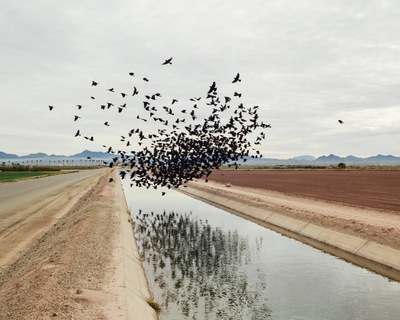
Saudi-based Almarai owns 15,000 acres of an irrigated valley – but what business does a foreign food production company have drawing resources from a US desert?
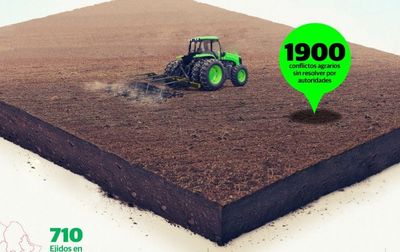
Con la complicidad de autoridades civiles, agrarias y representantes ejidales en las comunidades rurales, durante los 10 últimos años ha aumentado la compra venta de tierras; pagan a 5 pesos el metro cuadrado.
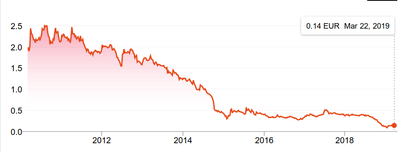
Suite à la cession de 37 700 ha en décembre, la société annonce aujourd'hui la cession de 9 200 ha supplémentaires, toujours en Ukraine. Le Groupe exploitera désormais 70 000 ha dans le pays.

Un nouveau rapport du groupe britannique Overseas Development Institute estime que les disputes foncières sur le continent pourraient coûter jusqu’à 100 millions $ aux investisseurs
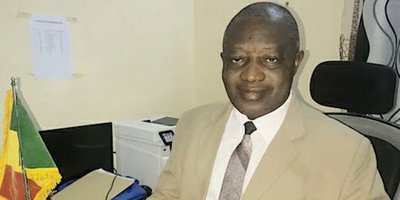
Afin d’accélérer le développement de ses terres non exploitées, le Mali s’est doté depuis 2015 d’une entité dédiée, l’Agence d’Aménagement des Terres et de fourniture de l’eau d’Irrigation (ATI)
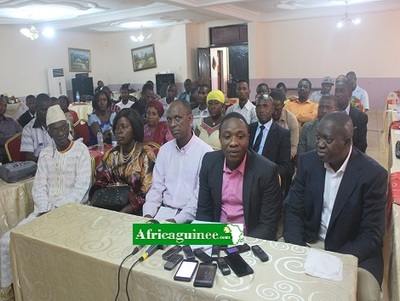
Cent mille personnes sont bafouées de leurs droits en Guinée et obligées de quitter leurs terres pour faire place aux grands projets miniers, énergétiques ou agricoles
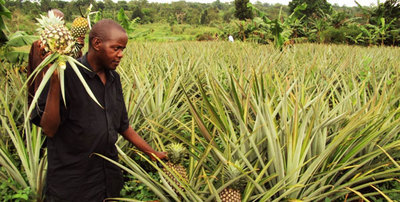
It is doubtful at Del Monte can continue owning so much land in perpetuity in Kenya.

Tensions between local communities in the Democratic Republic of the Congo and Canadian oil palm company Feronia have escalated in recent months following a complaint presented last year to the company’s international financial backers.
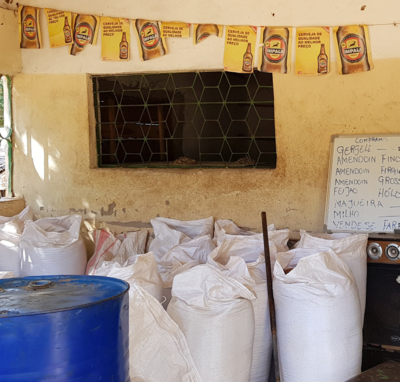
In our APRA study, we have been asking: what actually happens on the ground, even when corridors as originally planned are slow to materialise? Do the grand visions play out as expected? Who is involved and who loses out?
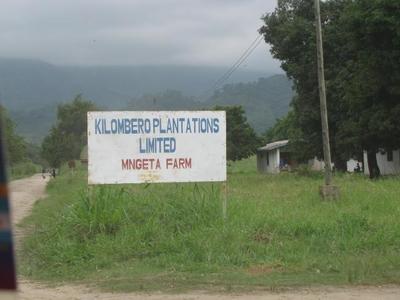
Ambitions for venture capital in African agriculture – once the Next Big Thing – are foundering, as is the case with the Southern Agricultural Growth Corridor of Tanzania.
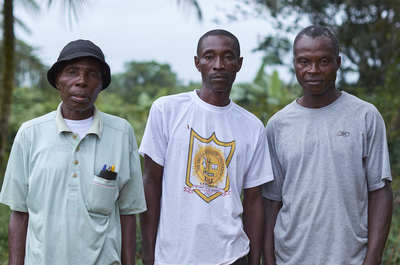
Locked within the legislation is a flaw for those living on the quarter of the country’s land set aside for concessions: it is not retroactive. A difficult truth that is only just beginning to permeate thousands of villages in Liberia.
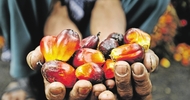
|
Socfin's response on Mbonjo case
|